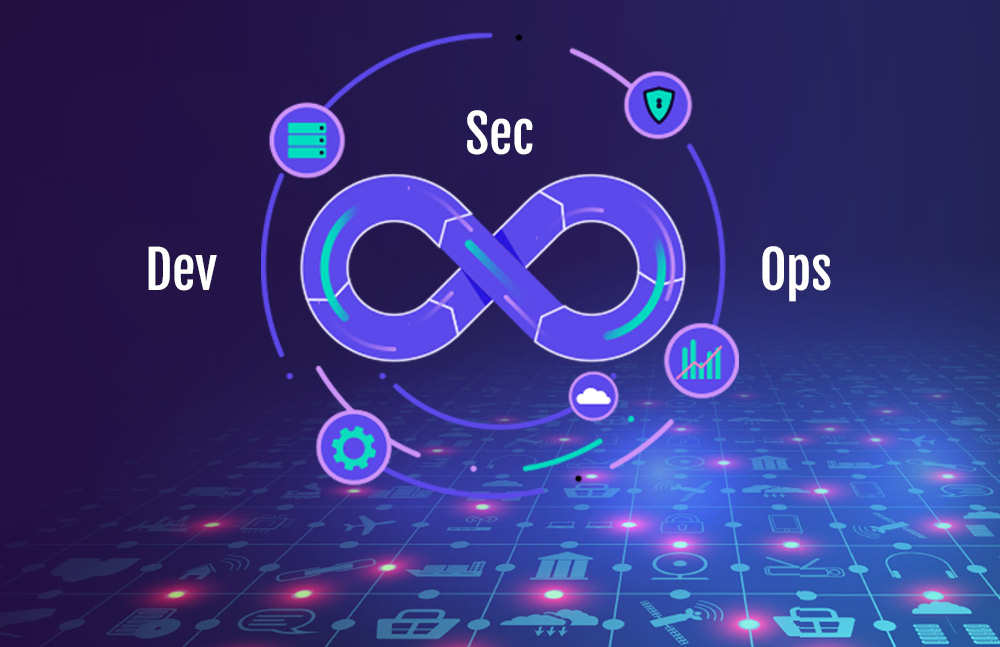Fintech, or financial technology, is a rapidly growing industry as traditional banking and finance institutions embrace technology to improve their services. As this industry expands, cybersecurity has become an increasingly important issue. In this blog post, we’ll discuss why it’s essential for fintech companies to prioritize cybersecurity and the challenges they face in implementing effective practices.
What is fintech?
Fintech is a broad term that encompasses any technology used to improve or automate financial services. This can range from mobile banking apps to cryptocurrency exchanges and everything in between. With the ubiquity of computers, tablets, and smartphones, fintech has become essential for most financial institutions today.
Why is cybersecurity important for fintech?

Source: mll-news.com
Financial data is some of the most sensitive information out there, so it’s critical for fintech companies to protect their customers’ personal information as well as their own finances.
Cybercriminals are constantly looking for ways to steal this valuable data, which means that cybersecurity must be an integral part of any fintech company’s operations. In fact, many countries now have regulations in place that require fintech companies to maintain certain standards of security.
Reasons for Prioritizing Cybersecurity for Fintech Companies
Fintech companies store a variety of sensitive data, from customer account information to payment transactions and more. With this data at risk of being targeted by hackers, it’s essential that fintech companies have strong cybersecurity measures in place to protect their customers’ information as well as their own assets.
Additionally, the cost of a data breach can be astronomical; on average, a breach costs a company $3.86 million in direct costs and indirect losses from lost customers or damaged reputations.
Compliance Considerations

Source: decisionlink.com
When it comes to compliance considerations, fintech companies must adhere to Know Your Customer (KYC) regulations which require organizations to collect certain information about their customers in order to identify and verify them before providing certain services or products. Additionally, local regulations may impose additional requirements depending on where the company is located; understanding these regulations is essential for ensuring compliance with the law. When working with any fintech, compliance should be a major factor in your decision-making process.
Companies must follow Know Your Customer (KYC) standards to ensure customer privacy and security, as well as adhere to state and federal laws. Many fintech companies are taking extra steps such as continuous risk assessments, identity verification requirements, and fraud prevention technology to help protect their customers.
It is important that any company you do business with is dedicated to providing a secure environment so that you can trust that your personal data is in safe hands. Compliance is essential for any successful fintech firm and the associated regulations set up are a necessary element for maintaining customer safety.
The world of fintech is a continuously changing playing field, and so must security practices that adhere to those changes to provide adequate protection. With the influx of new technology come traditional testing strategies that become outdated very quickly, leaving gaps in the security armor.
At the same time, with the adoption of open-source libraries and packages also comes risk – it may be easier for hackers to infiltrate when code is shared across applications. To stay ahead of the game, using innovative fintech cybersecurity solutions that keep up with new trends is essential for protecting both customer data and financial integrity alike.
DevSecOps

Source: einfochips.com
DevSecOps is a revolutionary approach to security, offering a better approach than the traditional “Shift-left” practice that has been popularized in recent years. By blending together responsibility among development, security, and operations teams, they form a powerful “triumvirate”.
Security is not simply embedded in the code but lives in an integrated process. This collaborative model seeks to make software secure by design and allows for updates to be rolled out rapidly with minimal risk.
DevSecOps also changes the mindset of all parties involved allowing them to identify threats more quickly and easily collaborate on remediation efforts. Ultimately DevSecOps offers organizations the capability to have more confidence and control over their applications’ security.
Challenges in Implementing Cybersecurity Practices for Fintechs

Source: wealthmanagement.com
One of the biggest challenges facing fintech when it comes to cybersecurity is outdated testing practices. To stay ahead of potential threats and vulnerabilities, organizations must continually update their tests and processes accordingly; however, doing so can be time-consuming and expensive.
Additionally, with the proliferation of open-source libraries and packages used by developers today, organizations must ensure that all code used is secure and up-to-date with security patches and updates. DevSecOps Approach to security for fintech to address these challenges, many fintech is turning towards DevSecOps—a combination of development (Dev), security (Sec), and operations (Ops)—in order to ensure secure software development throughout the entire application lifecycle.
DevSecOps focuses on building secure-by-design applications right from the start by integrating security into every phase of development rather than treating it as an afterthought afterward; this approach allows organizations to quickly identify potential risks earlier in the process while also reducing costs associated with fixing security issues down the road.
Additionally, DevSecOps encourages a shared responsibility between teams for preventing security breaches through collaboration throughout all stages of development from design through deployment.
Conclusion
Cybersecurity is an increasingly important issue for fintech companies due to the large amount of sensitive data stored by these organizations as well as costly compliance considerations that must be taken into account when handling customer information. Effective cybersecurity measures are key in protecting both customers’ data as well as your business’s assets—and using a DevSecOps approach can help you achieve just that while also streamlining your software development process at the same time!
By understanding why cybersecurity should be prioritized within your organization and implementing effective solutions accordingly, you can ensure that your business remains safe from potential threats now and into the future.
Fintech companies should make cybersecurity their topmost concern; the consequences of a breach can be devastating. As these companies often store valuable customer data such as credit card numbers and social security numbers, they must be proactive about preventing malicious attacks.
According to industry surveys, breaches can easily exceed a thousand dollars in costs for each compromised customer record. That’s why it’s important for fintech companies to use the latest technologies to monitor their networks, secure passwords, and create robust backups – or else run the risk of financial ruin due to a cyber attack.

















